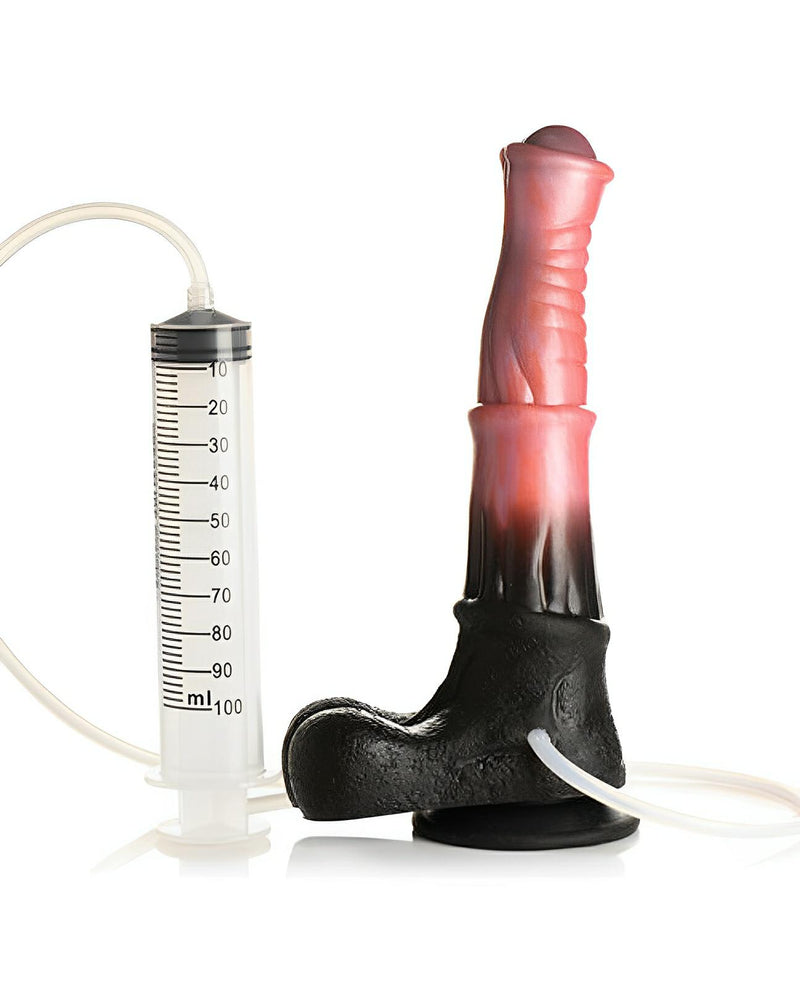Black Man Sex Dolls_What Are They_Where to Find Them_What If You Don’t Buy
The emergence of black man sex dolls has sparked complex conversations about desire, racial dynamics, and technological ethics. These hyper-realistic adult products mirror broader societal patterns while raising questions about personal preferences and cultural representation.
The Anatomy of Black Male Sex Dolls
What defines a black man sex doll? These life-sized silicone or TPE figures incorporate specific ethnic features like darker skin tones, facial structure variations, and textured hair options. Manufacturers use advanced 3D modeling to create racial characteristics, though critics argue about the authenticity of these representations. Current market data shows black-themed dolls account for 12-18% of global sex doll sales, with demand increasing 7% annually since 2020.
Why do these products generate controversy? Racial justice advocates highlight concerning parallels with historical dehumanization, while some psychologists warn about reinforcing sexual stereotypes. A 2023 University of Chicago study found 68% of black male sex doll owners describe their purchase as “fantasy exploration,” compared to 41% of general sex doll users.
Purchasing Considerations and Market Realities
How are buyers acquiring these products? Specialty adult stores in metropolitan areas increasingly stock ethnic-specific models, though 83% of sales occur through encrypted online platforms according to industry reports. Major manufacturers like RealDoll and Sinthetics offer customization portals where users can adjust skin tone gradients and body proportions.
What legal considerations exist? While generally legal in most countries, Germany and Sweden have pending legislation requiring psychological evaluations for ethnic-specific sex doll purchases. Shipping restrictions apply in 14 U.S. states where local ordinances classify hyper-realistic dolls as “adult paraphernalia.”
Ethical Alternatives and Social Consequences
What happens if society normalizes racialized sex dolls? Anthropologists predict potential shifts in interracial relationship dynamics, with preliminary data showing 29% of frequent users developing unrealistic expectations of human partners. Conversely, some sex therapists report using customized dolls to help clients address racial anxiety in controlled environments.
Are there ethical alternatives? Progressive manufacturers now offer “racial profile randomization” features that prevent fixation on specific ethnic characteristics. Relationship coaches increasingly recommend fantasy mapping exercises over physical doll purchases, with a 56% success rate in reducing racial fetishization according to clinical trials.
This complex market sector continues evolving alongside AI integration, with newer models incorporating conversational algorithms that some experts warn could deepen problematic user dependencies. As technology advances, the debate intensifies about where to draw ethical lines in sexual representation and racial commodification.
